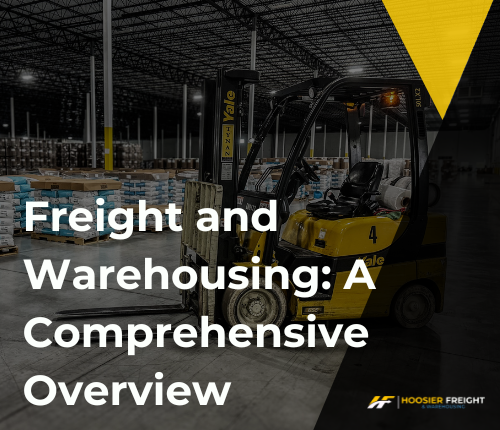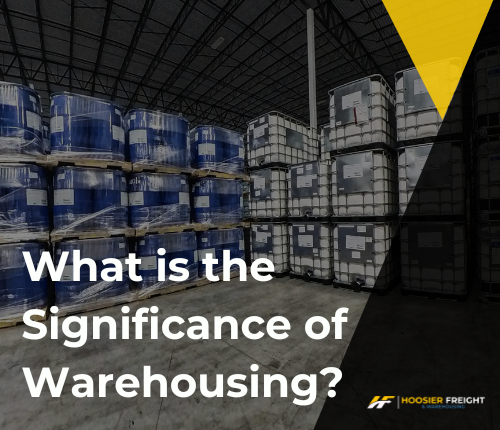
What is the Role of a Warehouse in the Supply Chain?
Navigating the complexities of Freight and Warehousing requires a deep understanding of the role of warehousing in logistics. Beyond mere storage, warehouses are crucial for inventory management, order fulfillment, and buffering against fluctuations in demand, contributing significantly to the supply chain’s resilience and efficiency.
What is the Primary Purpose of a Warehouse in the Supply Chain?
The warehouse’s primary function in the supply chain is to ensure that goods are efficiently stored, sorted, and distributed, bridging the gap between production and consumption.
Role of Warehouse in Logistics
Warehouses enhance supply chain efficiency by managing inventory, fulfilling orders, and mitigating demand variability. According to a study by the Council of Supply Chain Management Professionals (CSCMP), effective warehousing can lead to a 20% reduction in logistics costs, highlighting its critical role in logistics operations.
What is the Role of a Warehouse in the Supply Chain?
Warehouses adapt to various logistical needs, supporting the supply chain by managing and distributing products efficiently and effectively.
Types of Warehousing in Supply Chain Management
From distribution centers focused on the rapid turnover of goods to cold storage warehouses preserving perishable items, warehousing solutions are diverse. For example, Amazon’s fulfillment centers, strategically located to ensure 2-day delivery for Prime members, exemplify the role of warehousing in enhancing e-commerce logistics efficiency.
What are 3 Key Parts of Warehousing Logistics?
Warehousing logistics comprises key components essential for the seamless operation of the supply chain.
Types of Warehouse Services
From inventory management to order fulfillment and value-added services, warehouses offer a range of services crucial for supply chain optimization. The 2020 MHI Industry Report indicates that 85% of logistics professionals invest in warehouse technologies to improve service delivery, showcasing the importance of advanced warehouse services in logistics.
Warehouses offer a variety of services that support logistics operations, including:
- Inventory Management: Tracking and controlling stock levels to prevent overstocking or stockouts.
- Order Fulfillment: Processing orders, picking items, packing, and shipping products to customers.
- Value-added Services: Providing additional services such as product customization, kitting, and assembly.
What is the Role of Warehouse Management?
Effective warehouse management is vital for maximizing operational efficiency, minimizing costs, and ensuring accurate and timely order fulfillment.
Role of Warehouse Management
Advanced technologies like Warehouse Management Systems (WMS) play a pivotal role in enhancing warehouse operations. A case study by DHL shows that implementing a WMS can improve order accuracy by up to 99.5%, underscoring the impact of effective warehouse management on supply chain performance.
Warehouses are critical to the supply chain, enhancing logistics efficiency, supporting robust inventory management, and ensuring customer satisfaction through timely deliveries. By leveraging data, technology, and strategic warehousing practices, businesses can maintain a competitive edge in the logistics industry.
Optimize your supply chain with Hoosier Freight and Warehousing’s advanced warehousing solutions. Contact us today to learn how our services can streamline your logistics operations and support your business goals.



